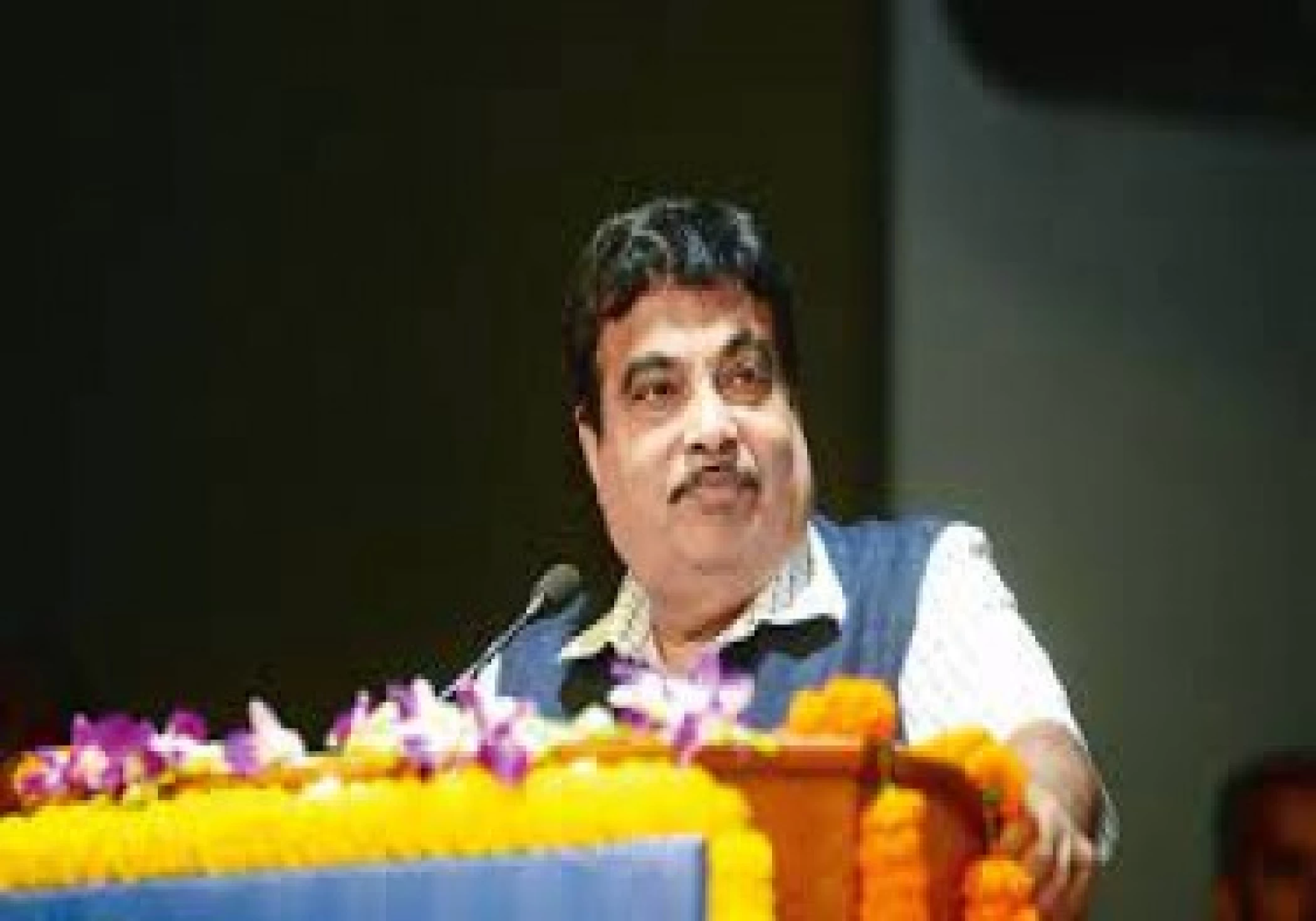
New Delhi: Union Minister of Road Transport and Highways Nitin Gadkari has said that the Central government is working on a policy to utilize municipal waste in road construction. Addressing FICCI’s international conference on ‘Tunnel Construction’ here recently, Gadkari underlined the need for quality control in tunnelling projects nationwide, emphasising the importance of managing costs without compromising standards.
In light of the impressive growth of tunnelling projects in India, he noted that the country has 144 tunnels spanning a length of 357 km across national highways, amounting to a cost of Rs 2 lakh crore, currently underway. He also highlighted that 30 tunnels covering 45 kilometres are in operation, while 16 more tunnels, adding up to about 120 kilometres, are under implementation and set to complete within the next one to two years. Furthermore, 54 tunnels are under the detailed project report (DPR) stage.
“There is a huge potential for tunnelling in India,” said the Minister, emphasising the need for professional sector study and advocated for a transparent, time-bound, result-oriented, and corruption-free system, insisting on the need for liberal, technical, and financial qualifications. “This approach aims to ensure that India's tunnel projects meet and exceed global standards, utilising innovative practices and cutting-edge technology,” he added.
In his welcome address, S Paramasivan, Co-Chairman – Roads and Highways, FICCI Committee for Transport Infrastructure and Managing Director, Afcons Infrastructure, underlined that the growth of tunnel construction in the last decade-plus has been phenomenal. “Tunnel construction is not confined to only roads. There are road tunnels, railway tunnels, storage tanks, hydro dam tunnels and multiple other areas. All that has created a unique atmosphere for tunnelling in India.”
India currently boasts around 1,641 ongoing tunnelling projects spanning nearly 3,445 kilometres. Landmark projects include the Atal Tunnel, certified by the Guinness Book of World Records as the longest tunnel at an altitude above 10,000 feet worldwide, and the Zojila Tunnel, projected to become the longest tunnel in Asia upon completion.
Paramasivan also acknowledged the challenges faced by the industry, particularly in the Himalayan territory, where geological complexities pose significant risks. To mitigate these risks, he suggested a possible shift back to item rate contracts instead of the prevalent Engineering, Procurement, and Construction (EPC) contracts in these regions. “While there are a lot of emerging technologies and others, there are quite a few challenges in terms of Himalayan territory that continue to pose treacherous geopolitical challenges,” he said.
Dr Mangu Singh, President of the Tunnelling Association of India, stressed the need for advanced tunnelling techniques to support India's growing road, railway, and metro networks. “The way we are expanding our road network, railway network and metros, the need for underground construction and tunnelling is very well known,” said Dr Singh. “The importance of tunnelling is particularly high in the Himalayan and northeast area.”
Dr Singh remarked on the technological advancements in tunnelling, stating that the tunnelling industry also has moved drastically as far as the development in technology is concerned. However, all these developments are mainly to ensure safety.”
Shailesh Pathak, Secretary General of FICCI, in his concluding remarks, noted that India's tunnelling industry is headed for better times. “Over the next 25 years of Amrit Kaal, Indian tunnels being created will match the world's best. The government is putting in place positive and outcome-oriented policies,” he said. /BI/



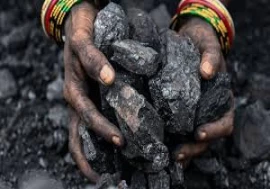
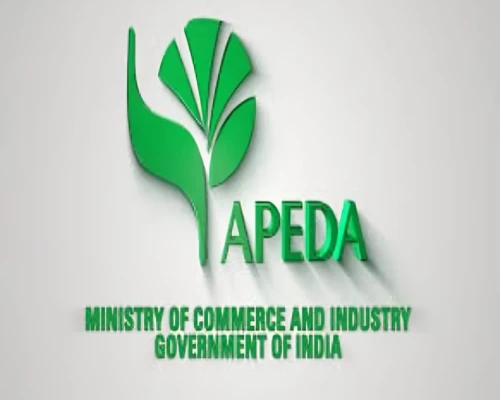



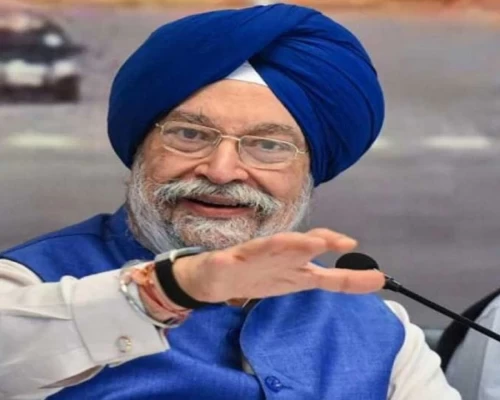
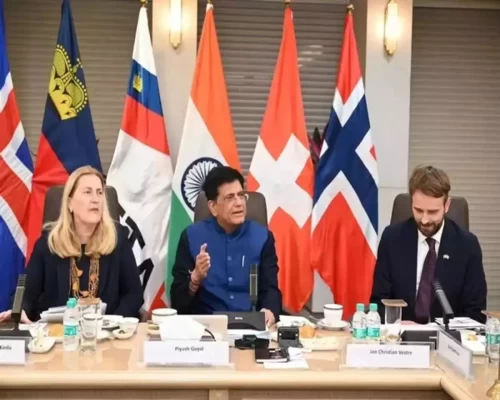

_500_x_400.webp)
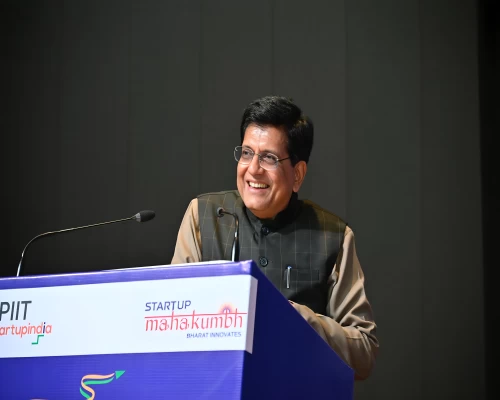
_500_x_400.webp)